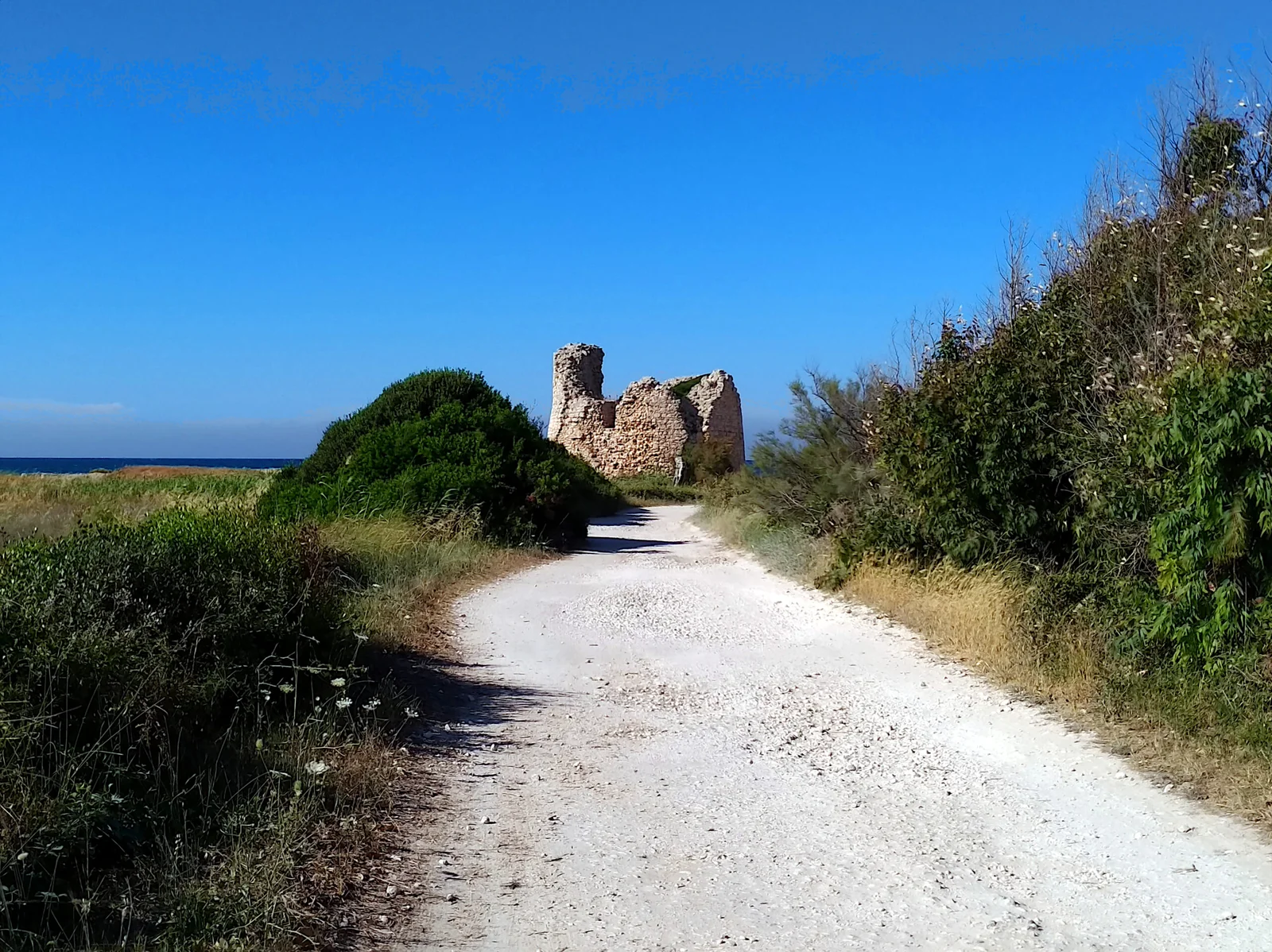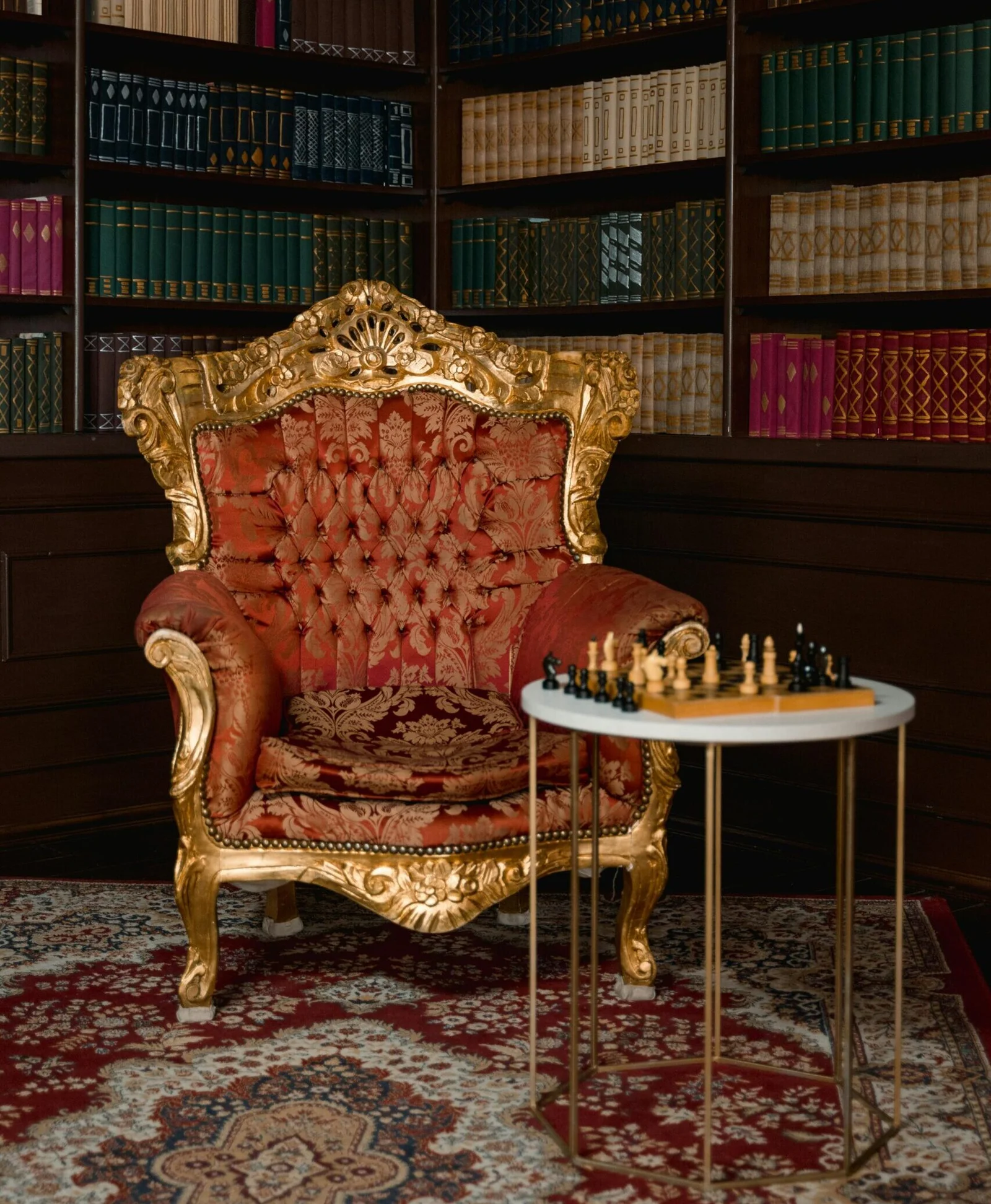In recent years, experiences have become increasingly valued over material goods. Traveling, learning new skills, and living meaningful moments with friends and family are precious investments for personal well-being. But how can we quantify the economic value of these experiences?
Investing in Experiences
Experiences offer lasting benefits that often surpass those obtained from material goods. Experiences create memories, strengthen relationships, and contribute to emotional and mental well-being. Studies show that people who invest in experiences rather than material goods tend to be happier in the long run. But how can we translate these benefits into economic terms?
Economic Valuation of Experiences
Assigning an economic value to experiences is a complex task that requires consideration of multiple factors. While there is no single, universally accepted method, various strategies can be employed to estimate the economic value of an experience.
Here are some examples:
- Social Capital:
- Experiences, especially those shared with others, build social capital. Having a strong network of relationships can lead to job opportunities, emotional support, and collaborations. A broad social network can translate into tangible economic benefits in the long term.
- Skill Development:
- Experiences involving the learning of new skills, such as courses, workshops, or educational trips, increase one’s market value. The skills acquired can lead to promotions, salary increases, and new career opportunities.
- Well-Being and Productivity:
- Experiences that enhance personal well-being, such as rejuvenating vacations or recreational activities, can have a positive impact on work productivity. A happier, more relaxed employee is generally more productive, which can translate into economic improvements for both the individual and the company.
- Long-Term Memories and Happiness:
- Experiences create lasting memories that contribute to long-term happiness. This sustained happiness can reduce the need to buy material goods to compensate for temporary dissatisfaction, leading to economic savings and more balanced financial management.
- Market Value of Experiences:
- Some experiences have direct market value. For example, attending events or traveling can influence one’s social status and open doors in professional and personal spheres. These investments can lead to valuable connections and business opportunities.
- Mental and Physical Health:
- Investing in experiences that promote mental and physical health, such as sports activities or wellness retreats, can reduce long-term healthcare costs. Good health contributes to a longer, more productive working life, increasing overall earnings.
How to Calculate the Economic Value of Experiences
Experiences offer lasting benefits that often surpass those obtained from material goods. To translate these benefits into economic terms, we can use various methods and approaches.
Here are some examples for demonstration purposes:

- Return on Investment (ROI) Evaluation
ROI is a method used to calculate the financial gain relative to the cost of an investment. Even for experiences, we can apply this logic:
- Training and Learning:
- If a training course costs €1,000 and leads to a salary increase of €5,000 per year, the ROI can be calculated as:

- Travel and Networking:
- If a business trip costs €2,000 and results in new business opportunities generating €10,000 in profit, the ROI will be:

- Cost-Benefit Analysis (CBA)
Cost-benefit analysis compares the costs of an experience with the expected benefits, not only financial but also intangible such as well-being and personal satisfaction:
- Wellness Experiences:
- If attending a wellness retreat costs €500 and reduces stress, improving productivity with an estimated value of €2,000 in terms of work performance and health, the CBA will be:

- Valuation of Intangible Benefits
Some benefits of experiences are harder to quantify but can be subjectively evaluated:
- Happiness and Satisfaction:
- Using tools like well-being questionnaires to measure the impact of experiences on quality of life. For example, a trip that increases an individual’s personal satisfaction can be evaluated through improved well-being scores.
- Future Cost Savings
Investing in experiences that improve mental and physical health can reduce long-term healthcare costs:
- Physical Activities and Health:
- Participating in an annual fitness program costs €300 but prevents illnesses that could cost €3,000 in future medical expenses. The net savings will be:

- Social and Relational Capital
Experiences that create or strengthen relationships can lead to economic benefits through the expansion of social capital:
- Networking Events:
- Attending a conference that costs €500 can lead to new professional connections generating job or partnership opportunities worth €5,000. The increased social capital value can be calculated as:

Conclusion

Calculating the economic value of experiences requires a multidimensional approach that considers both tangible and intangible benefits. By using methods such as ROI, cost-benefit analysis, intangible benefits valuation, future cost savings, and social capital value, we can obtain a more precise estimate of the true value of experiences. Recognizing the positive impact of experiences helps us make more informed choices and invest in our long-term well-being and success.
Photo by 30Seconds Media Lab
Image by channable.com




